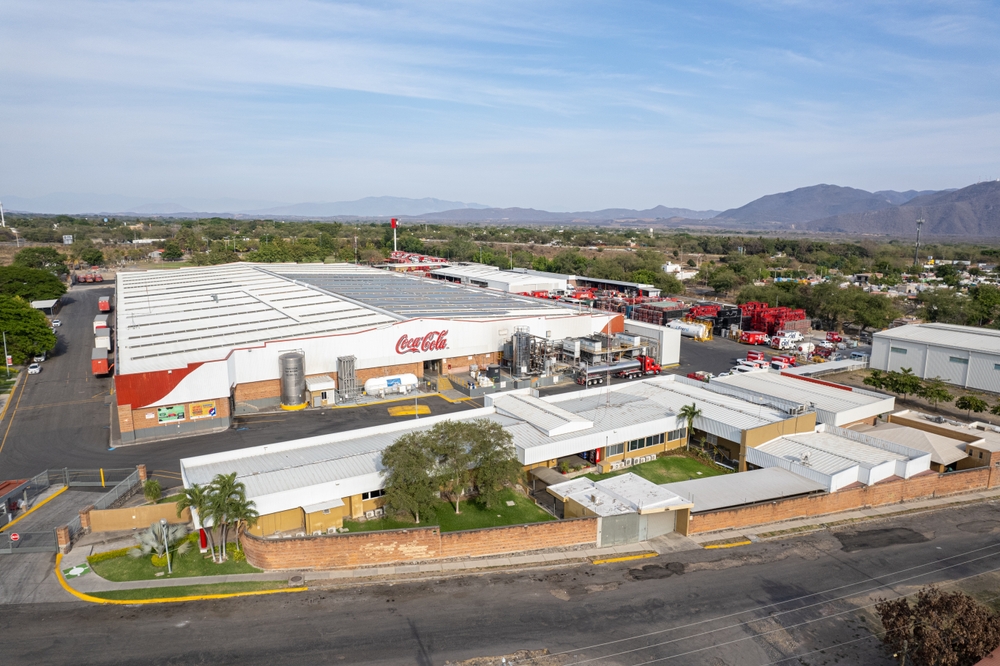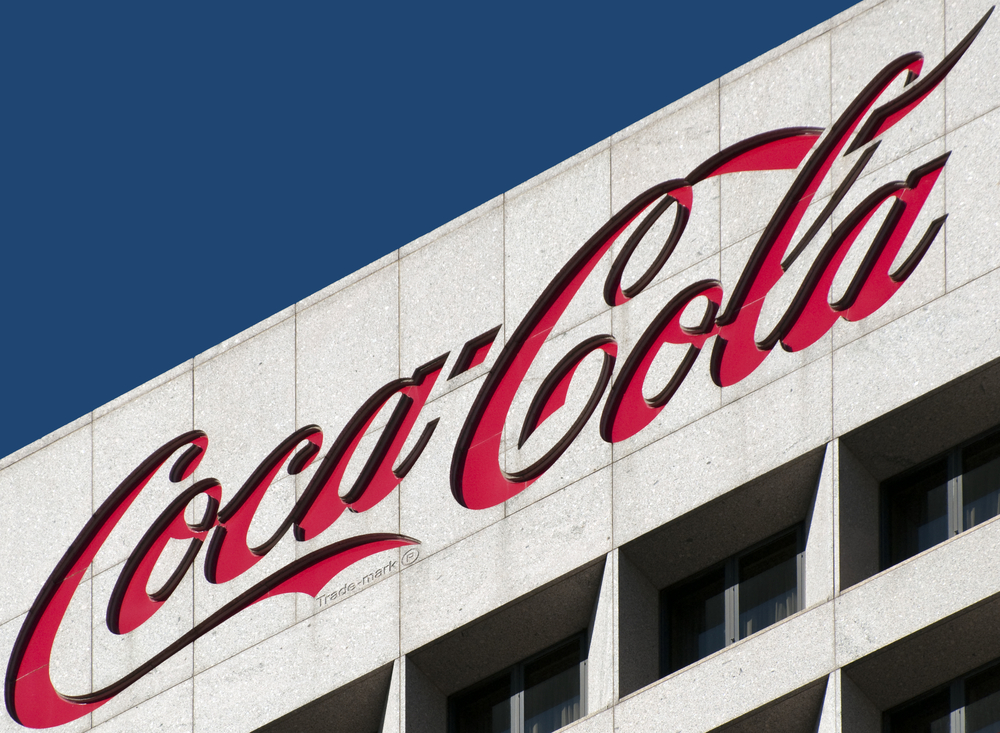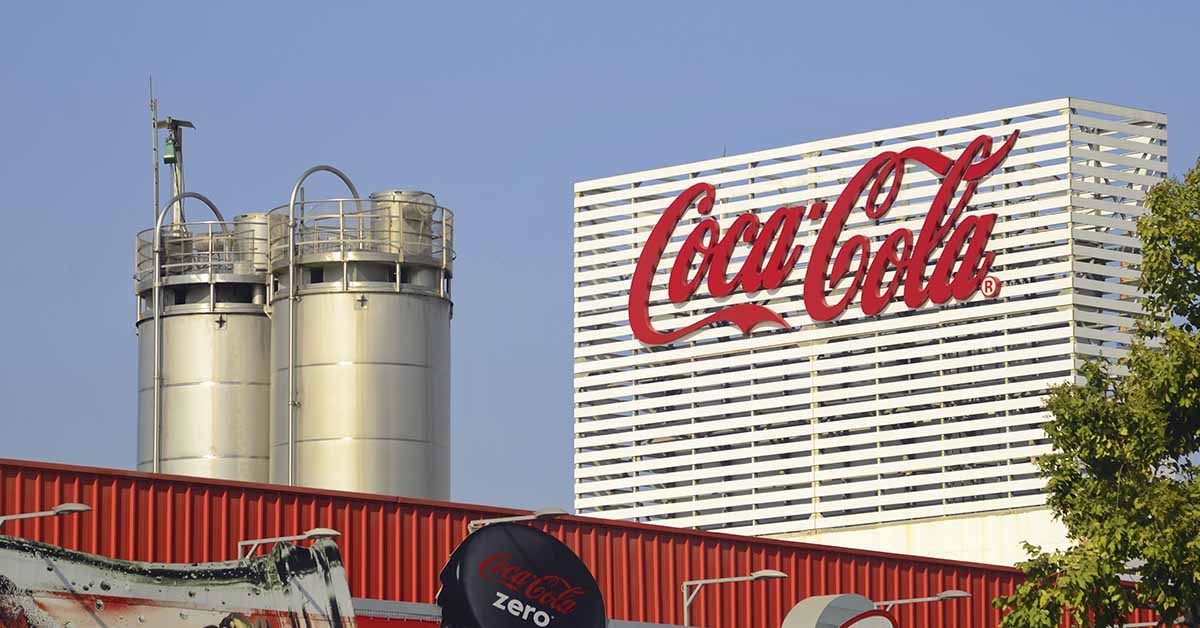In a significant move for the beverage industry, Coca-Cola has confirmed the upcoming shutdown of its bottling and production plant in American Canyon, Napa County, California. Scheduled to cease operations by June 30, 2025, this decision will result in the termination of approximately 135 jobs. The plant, in operation for over two decades, will maintain limited warehouse activity until the end of the year, with full closure expected by December 2025.
Background and Facility History
The Napa County site, located at 1201 Commerce Boulevard on a 17-acre plot, was originally constructed in 1994 for Pokka Beverages. Coca-Cola acquired the facility in 2002 as part of its West Coast expansion efforts. The plant spans approximately 350,000 square feet and is equipped for hot-fill bottling processes. It produces non-carbonated beverages such as Powerade, Minute Maid, Vitamin Water, and Gold Peak Tea.
The 2021 Strategic Announcement and Postponed Closure
In 2021, Coca-Cola announced plans to close two U.S. facilities, including the American Canyon plant and another in Northampton, Massachusetts, as part of a broader restructuring initiative. At that time, the shutdown was expected around mid-2023. However, the closure of the Napa site was delayed by nearly two years, without a detailed explanation from the company.
Final Closure Timeline
Recent filings with state and local authorities confirm that primary operations will cease on June 30, 2025, affecting between 131 and 135 workers. An additional small team will remain until August 31 to coordinate the final stages of the shutdown. The warehouse will remain operational until December 31, 2025, at which point all activity at the site will cease.
Rationale Behind the Closure
The shutdown is part of Coca-Cola’s “asset-right” strategy, which focuses on optimizing the use of company resources. This approach involves consolidating operations and increasing reliance on external partners for manufacturing. Instead of continuing to invest in owned bottling infrastructure, Coca-Cola is shifting production responsibilities to third-party bottlers.
In this case, the production previously handled by the American Canyon facility will be transitioned to a co-packing partner located elsewhere in the Bay Area. This allows Coca-Cola to reduce fixed costs while maintaining product output through scalable external contracts.

Broader Corporate Restructuring
Coca-Cola’s decision to close the American Canyon plant is one part of a much larger effort to streamline operations. In 2020, the company eliminated about 2,200 jobs globally and discontinued approximately 200 brands, including Tab and Odwalla. These changes were part of a long-term plan to focus on core products and shift away from in-house production.
This operational model supports greater flexibility and efficiency, allowing Coca-Cola to concentrate on product development and marketing rather than facility management.
Read More: Coca-Cola Tried To Undermine Research Linking Sugary Sodas to Deadly Illnesses
Community and Employee Impact
Coca-Cola stated that decisions of this nature are never taken lightly and acknowledged the contributions of the American Canyon community and its workers. Affected employees are being encouraged to seek other roles within the Coca-Cola network or through partner bottling operations.
Nevertheless, the loss of 135 jobs will undoubtedly impact the local economy. For a small community like American Canyon, the closure of a major employer affects not only workers but also nearby businesses that rely on the plant’s activity.
Economic and Logistical Implications
Closing such a large facility brings logistical challenges. Coca-Cola will need to reroute production and shipping to the new co-packer while maintaining product availability and meeting consumer expectations. This will involve new contracts, supply chain adjustments, and changes to distribution patterns in the region.
Additionally, the local economy may feel secondary effects from reduced business activity and spending. Local suppliers, service providers, and retailers that depended on the plant’s employees may experience a drop in demand.
Industry Trend Toward Outsourcing
Coca-Cola’s move reflects a broader shift within the beverage and packaged goods industry. More companies are choosing to outsource production and packaging in order to reduce costs and increase adaptability. This strategy allows firms to respond more quickly to changing consumer preferences without the burden of maintaining expensive infrastructure.
For Coca-Cola, working with partners such as Refresco helps convert long-term costs into short-term expenses, freeing up capital for innovation and branding efforts.

Consumer and Market Reaction
Investors and market analysts have generally viewed Coca-Cola’s restructuring plans as positive for long-term growth. Streamlining operations and cutting costs often strengthens a company’s profitability and financial stability. Although no direct stock price changes have been linked to this specific plant closure, similar past actions have aligned with upward trends.
From a consumer perspective, the transition should be seamless. Coca-Cola products such as Powerade and Gold Peak are expected to remain available throughout Northern California, even after the plant shuts down. The company has assured stakeholders that production and delivery will continue without interruption.
Historic Context and Future Outlook
This factory closure is consistent with Coca-Cola’s long-term strategy of reducing ownership of manufacturing facilities. Over the past few years, the company has been transferring more of its production responsibilities to third-party bottlers. This move solidifies Coca-Cola’s position as a product and brand manager, rather than a manufacturer.
The American Canyon closure represents another step in that evolution. It suggests that the company’s focus is now firmly on innovation, marketing, and global product development, supported by partnerships for physical production.
Support for Affected Workers
To mitigate the impact of the closure, Coca-Cola is expected to provide resources for the affected employees. This includes job placement assistance within the Coca-Cola system or among affiliated bottlers. Severance packages and possible retraining programs may also be part of the transition plan.
While these support efforts may ease the burden for some, many workers will still face uncertainty as they search for new employment in a challenging labor market.
Read More: 8 Detrimental Effects Soda Can Have On Your Body
Environmental and Site Considerations
The closure may have environmental implications as well. On one hand, shutting down operations will reduce energy use and emissions at the site. On the other, the long-term status of the physical facility remains unknown. Possible outcomes include demolition, resale, or repurposing for other industrial or commercial uses.
Local officials will likely have a role in determining how the property is managed moving forward. Community stakeholders may advocate for redevelopment that supports new jobs or services.
Conclusion
The decision by Coca-Cola to close its American Canyon bottling facility reflects a clear shift in its business strategy. The company is prioritizing efficiency, outsourcing, and adaptability as it reshapes its manufacturing footprint. Though the closure will result in the loss of about 135 jobs, Coca-Cola is offering pathways for some employees to transition into other roles.
For the American Canyon community, this marks the end of a significant era. Yet for Coca-Cola, it is another calculated step toward a leaner, more agile business model. The long-term effects of this change will depend on how well the company maintains product supply, how the community adapts, and whether affected workers can find new opportunities as the plant winds down.
Disclaimer: This article was created with AI assistance and edited by a human for accuracy and clarity.

